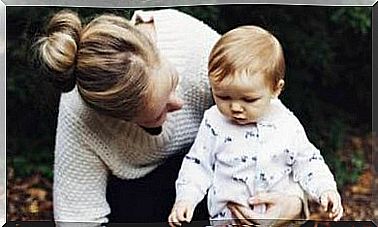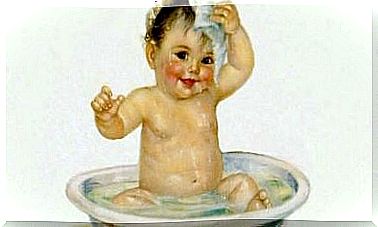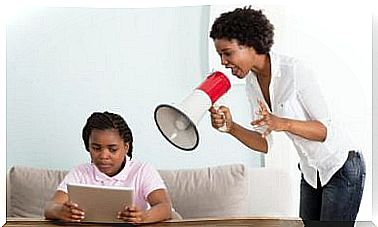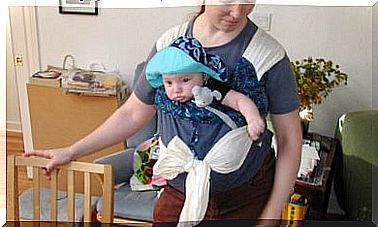Treating Canker Sores In Children: What To Do?
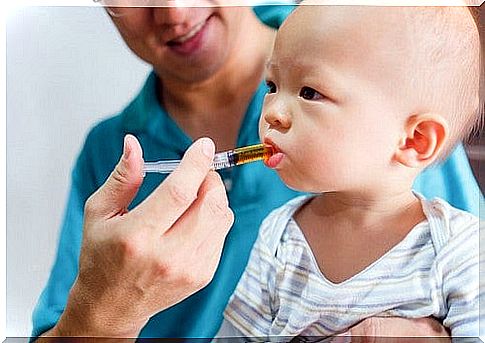
Aphthae are ulcers that form in the mouth and cause burning, pain and great discomfort when eating. In children, these injuries can be a real torture. The worst part is that some can last a long time, so it is worth knowing a few tricks to treat canker sores in children.
You do not have to be an expert to recognize a canker in the mouth of the little ones: they are round, white or yellowish in color and surrounded by a red area. Furthermore, the pain will cause continuous complaints (certainly justified) from children. Let’s see in this article how to treat canker sores in children .
The pains intensify when you ingest hot, salty, spicy or acidic foods; the same happens with certain liquids or when brushing your teeth. Generally, children and infants have only one canker sores, but it is also possible for several to occur together. They usually pass after 7 to 10 days, or longer if they are large.
Causes of canker sores in children
It is not always possible to determine the cause of ulcers in children. However, many can appear as a result of a viral infection. Others, however, are due to unwanted reactions to certain foods, digestive disorders or allergic reactions.
Stress and a lack of vitamins and nutrients such as iron, vitamin B12 or folic acid can also be the reason for the onset of canker sores. Similarly, some oral problems (such as very aggressive cleaning, dental treatment, or even lip biting) can trigger this immune system response.
In any of these cases, it is advisable to take action as soon as possible, rather than waiting for the problem to pass on its own.
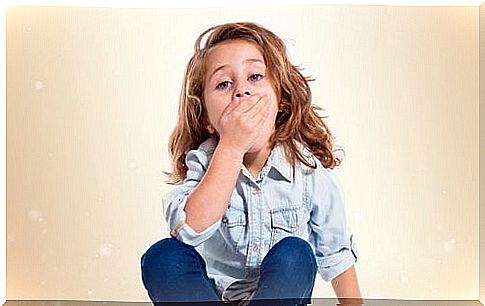
How to cure canker sores in children?
Aphthae appear in the gums, on the inner face of the lips or cheeks. For this reason, they come into contact with all the foods that the child ingests and, as a result, cause intense pain. It is therefore important to rely on adequate remedies to treat canker sores in children. Below we present some of them:
1. Paracetamol for pain
The safest solution to treat canker sores in children, especially when they last a long time or are very old, is to ask the doctor for a prescription for certain medicines. If the child is suffering from overly intense discomfort, the doctor may indicate the intake of paracetamol to calm the pain.
To treat canker sores itself, products such as the one we describe in the following point can be used. It should be noted that antibiotics and anti-inflammatories are usually not effective in these cases.
2. Antiseptic solution
Antiseptic solutions are applied via a dropper, but spray versions are also available. With a small dose of antiseptic solution 3 or 4 times a day, it is possible to cure canker sores in children in no time.
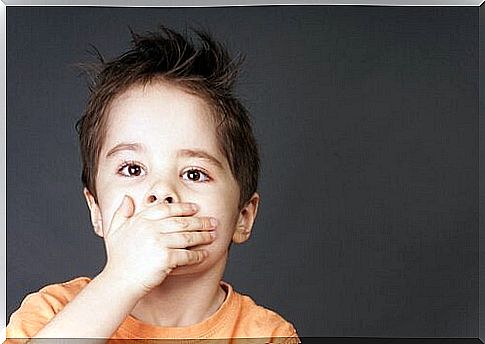
3. Oral rinses
Some effective mouth rinses for canker sores can be purchased without a prescription. However, you should avoid applying those containing alcohol, as they worsen the irritation. On the other hand, rinsing with water and salt is very effective; Another natural trick is applying baking soda and water directly to the mouth ulcer, but it causes a severe sting.
4. More powerful medicines
Sometimes more specific medical intervention is needed to attack the triggering causes of canker sores. In these cases, remedies such as chlorhexidine gluconate oral rinses or corticosteroids are usually prescribed .
When should you worry?
Aphthae can appear in children as a symptom of a viral infection. For this reason, if your little one has other alarming signs, such as fever and swollen lymph nodes, you will need to see your doctor to avoid further complications.
It is also necessary to verify that the malaise does not last longer than normal or that it is too intense, to the point of compromising daily life. If the child feels dejected or the pain is very severe, the pediatrician should be contacted.


